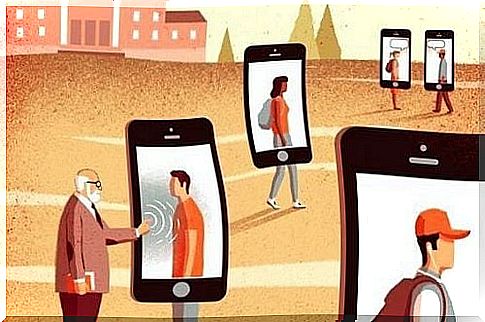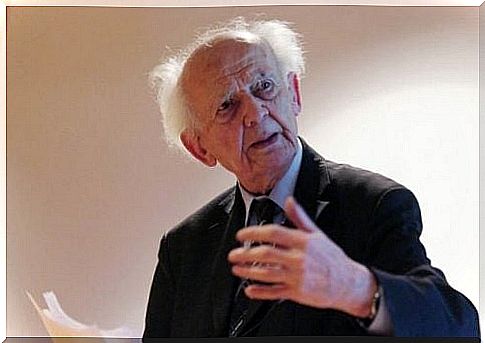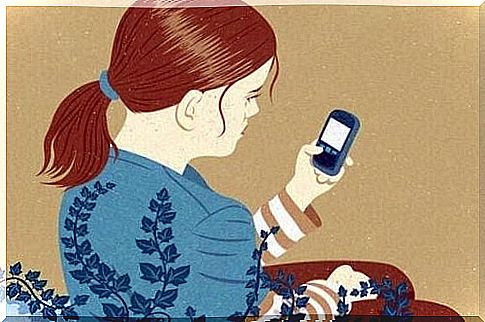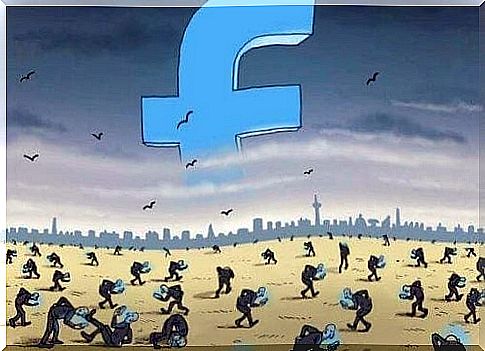Zygmunt Bauman: How Social Media Entangles Us

Zygmunt Bauman was a Polish sociologist who achieved fame and recognition through his book ” Liquid Modernity .” This book is called ‘Vloeibare Tijden’ in the Netherlands. In this he points to postmodernism as the cause of the collapse of solidity. Nothing is fixed or firm any longer. Everything is temporary, transient or changeable. One of his strongest attacks is being directed at social media.
Zygmunt Bauman did not have an easy childhood. He had to flee his own country and was chased by Nazis. He eventually managed to resettle in Israel, after which he surprised the world with his theses in the 1970s. This won him a number of awards, including the European Amalfi Prize for Sociology and Social Sciences in 1992.
Zygmunt Bauman fiercely analyzed the contemporary world. His biggest and most recent thoughts are easy to find on the internet and social media. He sees little value in both. In fact, he defines the two – the internet and social media – as traps that people fall into. From his point of view, people are also happy to be trapped in this.

Zygmunt Bauman and Facebook
Here’s a shocking quote from Bauman: “Facebook founder Mark Zuckerberg made $50,000,000,000 from his company. He used our fear of loneliness for that. That’s what Facebook is.” He is actually not just talking about Facebook, but about all social media.
The sociologist has emphasized that Mark Zuckerberg’s genius lies in how well he understands that people are afraid of being alone. Loneliness doesn’t seem to exist on social media. There is always someone ‘ready’ to read our concerns. That same person will also reward our decision to share our concerns with a supportive ‘like’.
People today seem to be content with being part of everyday conversations. All this under the guise of ‘keeping in touch’. Our days are no longer spent in the company of others. The most loyal partner we can imagine is our computer or our phone.
The lack of dialogue and community
As a sociologist, Zygmunt Bauman has to deal with a lot of new, technological dependencies. From his point of view, these are crushing, practically irresistible forces. They create an impressive sense of community. Never in our history has such a thing existed. Yet Zygmunt Bauman also thinks that people have never communicated so much, without goal or result.
He notes that people are ‘echoing’ on Facebook and similar platforms. They only listen to what they want to hear. For him, social media is like a huge house full of mirrors. In this house we meet people, but we do not enter into a dialogue.

Making new friends and letting them go is way too easy on social media. In real life, of course, this is not easy. In reality, we have to put in effort. Not so much on the internet. There is an exchange of messages, but no actual dialogue. There are disagreements, but no real, constructive debate. This creates the illusion of connection with others when it isn’t actually there.
The Realm of the “Public I”
Social media invites us to make ourselves public, to show who we are. Of course, we choose to show only the most acceptable parts of ourselves. We thus form small communities that we manage however we want. We are petty dictators in the realm of our account and we are also the ones who decide who should or should not be here. It doesn’t really affect us if we remove someone from our friends list.
Our ego comes first on social media. Without realizing it, we become dependent on how we come across on Facebook. We want to be seen and recognized in a certain way. If this doesn’t happen, we get frustrated.
The liquid culture
Zygmunt Bauman sees social media as a trap He thinks it has a clear influence on what he calls ‘liquid culture’. In this, insecure relationships prevail, or love without a face and without commitment. This liquid culture thrives on waves of feelings and ideas that may be there today and disappear tomorrow. It amuses people but at the same time keeps us under our thumb. We are simply not aware of the political and economic authorities that have us in their grip.

This prospect is by no means motivating, according to Zygmunt Bauman. Despite all the information floating around on the internet, people are becoming less and less informed. We never know what to believe and what not to believe. Our communication has been reduced to monologues rather than real communication. There is so much to do around globalization that individualism is beginning to take on more aggressive forms. All this form of ‘freedom’ has done is made us more accommodating to those who want to decide how we should live.









